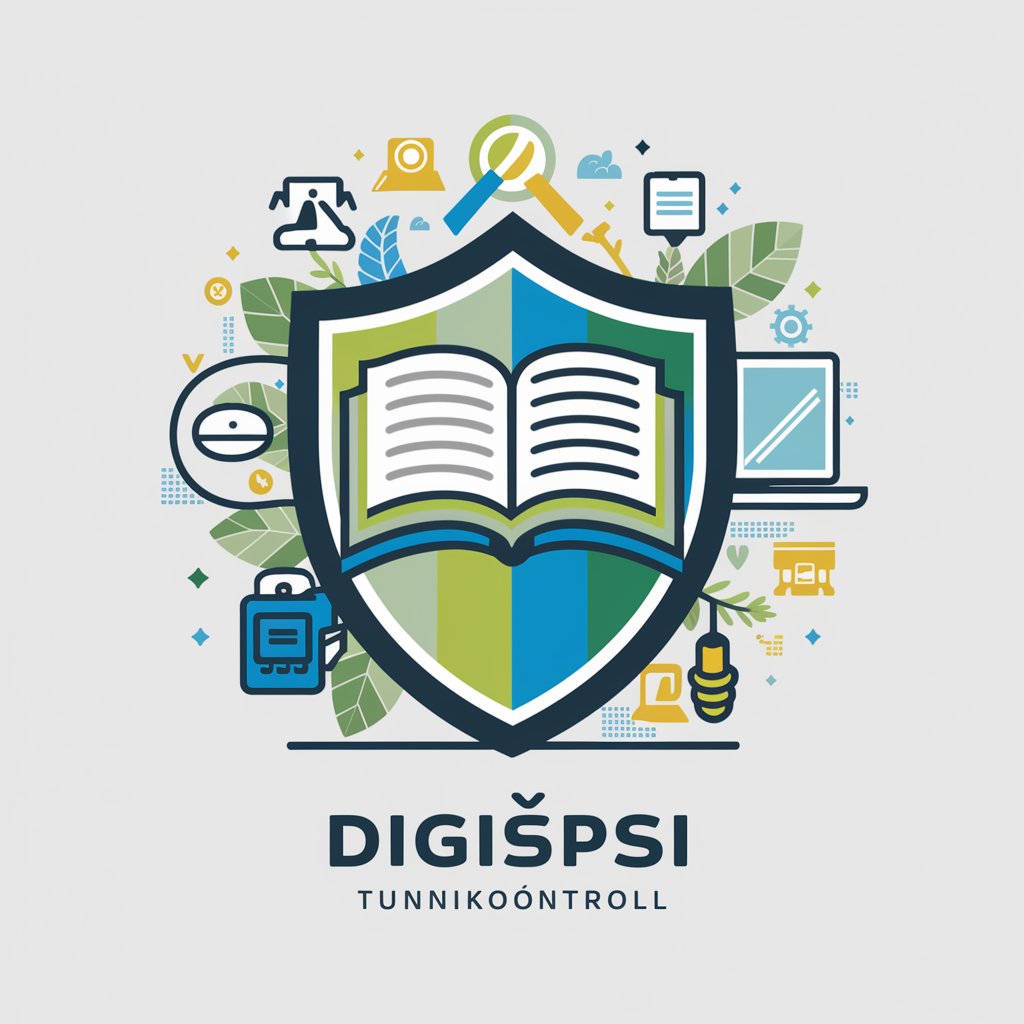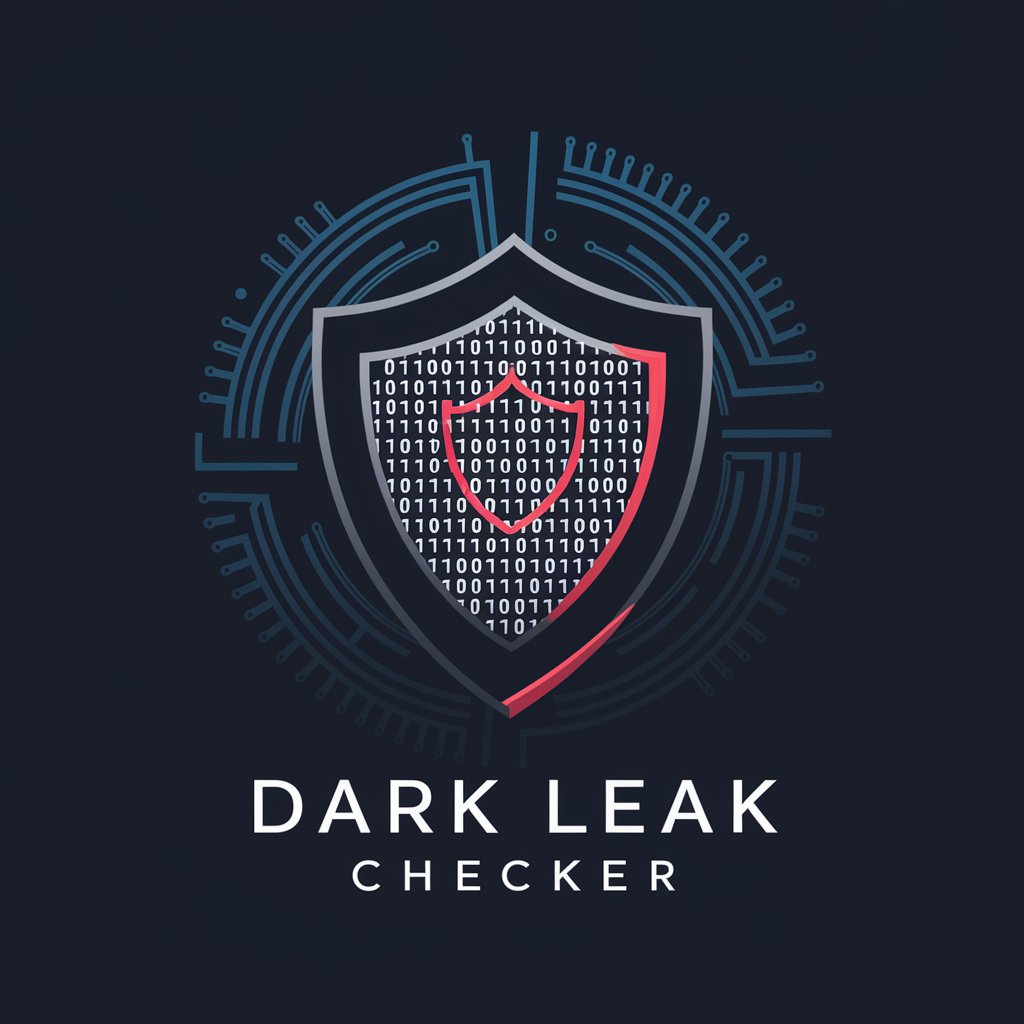18 GPTs for Online Privacy Powered by AI for Free of 2025
AI GPTs for Online Privacy are advanced artificial intelligence tools developed on the Generative Pre-trained Transformer (GPT) architecture, designed to tackle tasks and challenges related to online privacy. These tools use sophisticated algorithms to understand, generate, and process language in a way that is specifically tailored to enhance privacy protection on the internet. They play a crucial role in identifying vulnerabilities, generating secure code, offering privacy advice, and automating data protection tasks, thereby providing bespoke solutions in the field of online privacy.
Top 10 GPTs for Online Privacy are: Voice Changer,Faceless Content Coach,Générateur de Mots de Passe Sécurisés,🔒 Crypto-Savvy Assistant GPT,Digiõpsi tunnikontroll,Dark Leak Checker,Text to Emoji,Tech Detective,Asesor de Seguridad Informática,How to bypass HWID Bans on COD: Warzone 3
Voice Changer
Transform your voice with AI power.

Faceless Content Coach
Empowering Your Faceless Brand with AI

Générateur de Mots de Passe Sécurisés
Generate Memorable, Secure Passwords Effortlessly

🔒 Crypto-Savvy Assistant GPT
Empowering Encryption Mastery with AI

Digiõpsi tunnikontroll
Empowering Digital Literacy with AI

Dark Leak Checker
Secure your digital identity with AI-powered breach detection.

Text to Emoji
Transform text into emojis, powered by AI.

Tech Detective
Unraveling Digital Mysteries with AI

Asesor de Seguridad Informática
Empowering digital security with AI

How to bypass HWID Bans on COD: Warzone 3
Outsmart bans with AI-powered spoofing.

Best Overwatch 2 HWID Spoofer [Working 2024]
Outsmart Bans with AI-Powered Stealth
![Best Overwatch 2 HWID Spoofer [Working 2024] in GPT Store](https://r2.erweima.ai/i/9FE3OTGwSWmLlJogK7YoaA.png)
Digitale Burger
Empowering Digital Citizens with AI

B1@ck W!d0w
Unraveling the Dark Web, Securely.

Safe Socks meaning?
Enhance your online experience with AI-powered security.

Minor Legal Guide
Empowering Youth with Legal Knowledge

Coach Ox
Empowering Secure Digital Interactions

AI trener nauczania o bezpieczeństwie cyfrowym
Empowering Educators with AI-driven Digital Safety Insights

Essential Attributes and Functions
AI GPTs for Online Privacy are distinguished by their adaptability, capable of performing a wide range of functions from generating secure passwords to drafting privacy policies. These tools are designed with unique features such as natural language understanding, technical support, advanced web searching capabilities, image generation without compromising privacy, and detailed data analysis. Their ability to learn from interactions makes them invaluable for crafting solutions that address the ever-evolving challenges of online privacy.
Who Benefits from AI GPTs in Online Privacy?
The primary beneficiaries of AI GPTs for Online Privacy include privacy-conscious individuals, cybersecurity professionals, software developers, and businesses looking to safeguard their online operations. These tools are accessible to novices, offering intuitive interfaces and guidance, while also providing extensive customization options for experts with programming skills, thus serving a broad spectrum of users interested in enhancing online privacy.
Try Our other AI GPTs tools for Free
Philosophy Learning
Explore AI GPTs for Philosophy Learning: interactive, adaptable tools designed to deepen your understanding and engagement with philosophy, tailored for learners at all levels.
VM Setup
Discover how AI GPT tools for VM Setup simplify virtual machine management through automation, customization, and intuitive interfaces, catering to both novices and experts.
Configuration Automation
Explore AI-powered tools for effortless Configuration Automation. Streamline your systems with intelligent, adaptable solutions tailored to meet dynamic technology needs.
Networking Setup
Discover how AI GPTs for Networking Setup can transform your network management, offering adaptable, user-friendly solutions for efficient and optimized network configurations.
App Conceptualization
Discover how AI GPTs transform app conceptualization with innovative tools designed for developers, designers, and entrepreneurs, simplifying the journey from idea to launch.
Warfare Analysis
Discover the advanced capabilities of AI GPTs for Warfare Analysis, tailored tools designed to enhance military strategy and defense planning through cutting-edge artificial intelligence.
Expanded Perspectives on AI GPTs in Online Privacy
AI GPTs offer a user-friendly approach to complex privacy concerns, enabling seamless integration with existing workflows or systems. Their adaptability across different sectors highlights their potential not only in enhancing online privacy but also in fostering a broader understanding and implementation of privacy best practices, making them indispensable tools in the digital age.
Frequently Asked Questions
What exactly are AI GPTs for Online Privacy?
AI GPTs for Online Privacy refer to AI systems built on the GPT framework, specialized in addressing online privacy issues through natural language processing and other AI capabilities.
How do AI GPTs enhance online privacy?
They enhance online privacy by automating the creation of secure data practices, identifying privacy threats, generating privacy-focused content, and offering personalized privacy guidance.
Can non-technical users utilize these AI GPTs?
Yes, these tools are designed with user-friendly interfaces that allow non-technical users to benefit from AI-driven privacy protections without requiring coding skills.
What customization options are available for advanced users?
Advanced users can customize AI GPTs for Online Privacy through programming interfaces (APIs), allowing them to tailor the tools to specific privacy needs or integrate them into existing systems.
Can these tools generate privacy policies for websites?
Yes, one of the capabilities includes generating customized privacy policies that comply with global data protection regulations.
How do AI GPTs stay updated with the latest privacy regulations?
These tools are continually trained on vast datasets that include the latest privacy laws and regulations, ensuring they provide up-to-date advice and solutions.
Are AI GPTs for Online Privacy secure?
Yes, these tools are designed with security in mind, employing encryption and other security measures to protect user data and interactions.
Can AI GPTs detect and alert users to privacy breaches?
Yes, they are capable of monitoring online environments for potential privacy breaches and alerting users or systems to these threats in real-time.